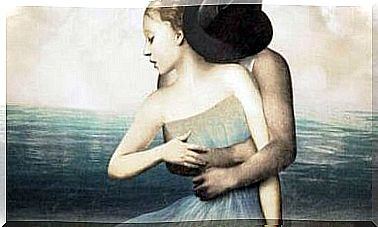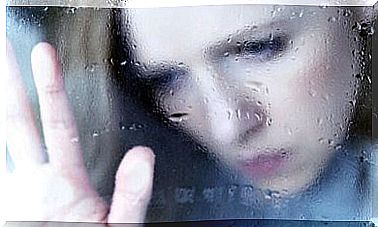A Journey Into Introspection

We live in a world that moves at such a fast pace that it brings with it a sense of speed and turmoil that practically forces us to focus our attention outward, without setting aside a moment to also turn our gaze inward. What does the introspection really reveal?
The language of introspection
The term “introspection” has been at the heart of many questions and controversies in the fields of philosophy and psychology. Already in classical Greece, Plato himself asked:
“Why should we not look calmly and patiently at our own thoughts, and thoroughly examine and see what this which is prominent in us really is?”
Introspection has sometimes been compared to perception and memory. But, what really lies in this concept? Introspection is a mental process in which a person looks inward into himself, and through it becomes capable of analyzing his own experiences. .
The characteristics of introspection
Introspection will always be subjective, since it is the individual himself who has to observe himself, based on their own judgment and perception of reality.
In this context, it would be completely impossible to approach introspection with professional objectivity, because this topic has to do with oneself.
They are also to a certain extent marked by a gradual revelation, since it is ourselves we use as the subject of analysis in addition to the fact that we possess the role of observer and investigator.
The introspective process is complex and requires training if you want to achieve good results. You also have to have a good attitude – an accepting and honest attitude – and you must not allow yourself to be engrossed in a web of self-deception.
To practice introspection
The practice of introspection begins with a conscious action where you notice and listen to yourself.
In any situation presented to you or situations in which you become engrossed, instead of making hasty decisions, you should stop for a moment and examine your inner state, become aware of and connect with your emotions.
When we take the time to become aware of and accept our inner state, we can be more aware of the situation than we can be if we allow ourselves to be carried away by our first impulse.
This complex process allows us to reflect on a deeper level about who we are, how we feel and what we have learned, in addition to the opportunity to move forward in our spiritual development.
Introspection helps you to identify what is good for you, and gives us the tools you need to change the situations that arise to get the result you want.
It is very important to stop every day to catch your breath – it does not matter where you are or what you are doing. Focus your attention on yourself, your presence and the essence of yourself, create a relationship with the silence and learn to listen to yourself.
That said, introspection has both positive and negative sides to it, which serves as a means to improve yourself and have a good progression through life.
It is a useful way to approach your psychic reality, which in turn gives you the foundation for personal stability, and allows a more insightful exploration of who you are and your ability to make changes.
Introspection helps us not only to get to know ourselves better, but also to respect, love and accept ourselves and the way we are.
Eckhart Tolle had some very powerful words to add on this topic:








